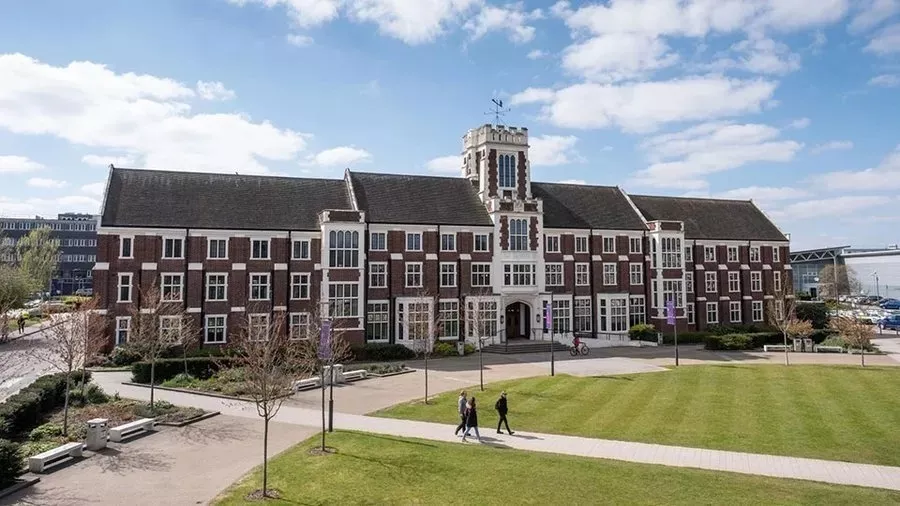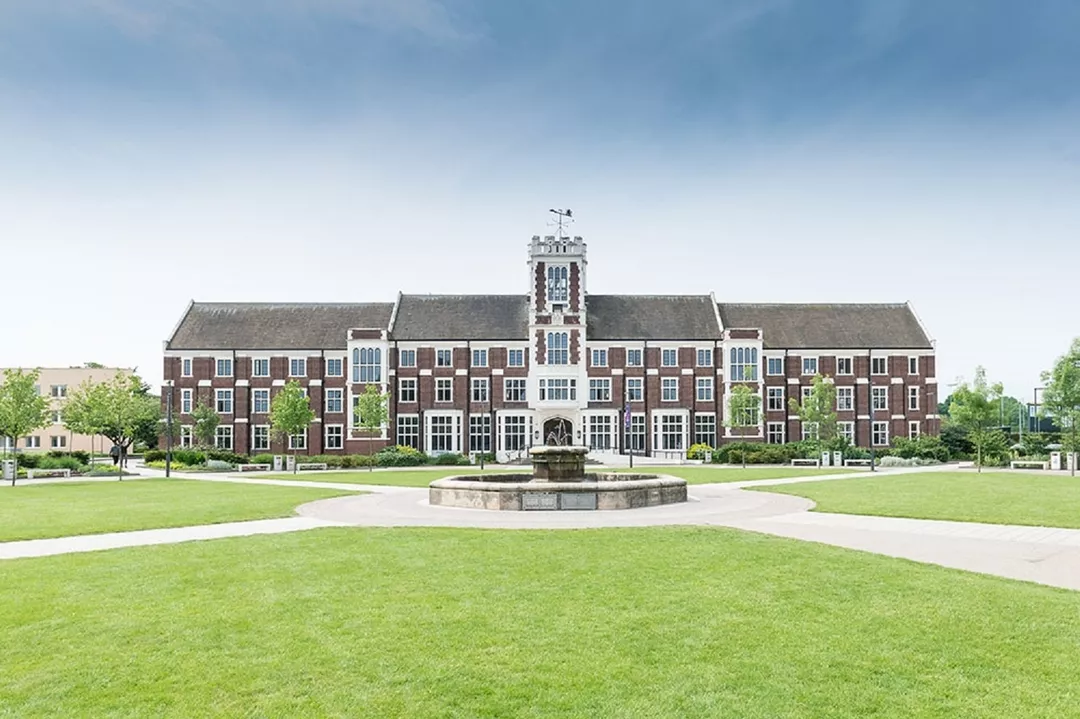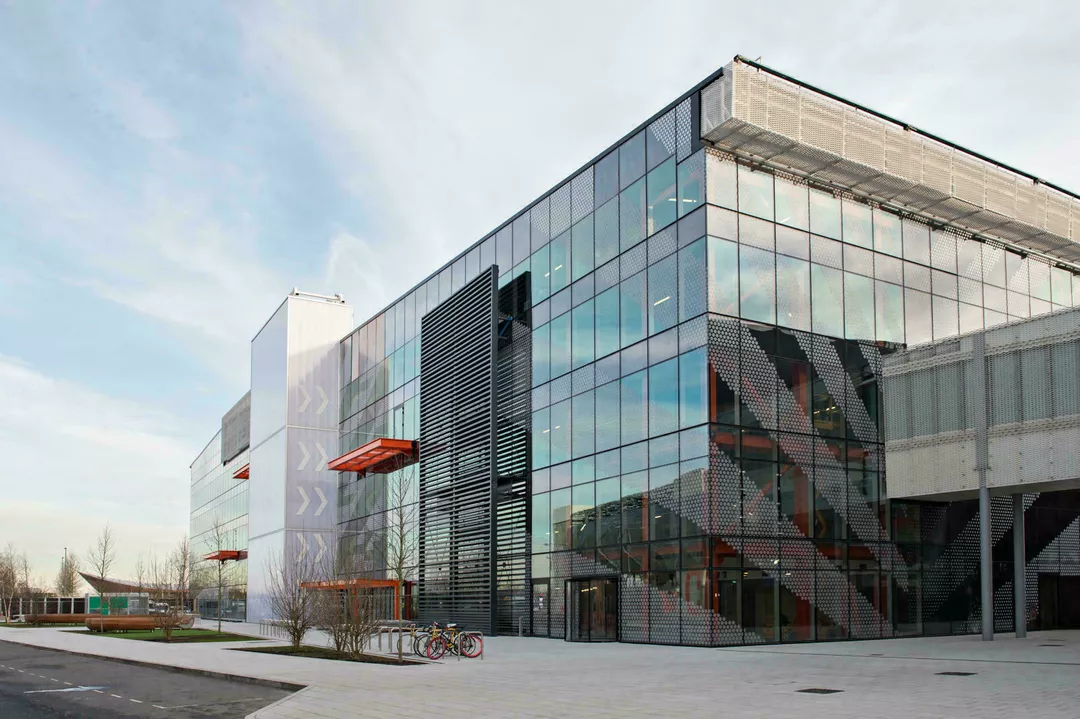-
hello@abroadcube.com
Mail us
-
Call For Help:
98779 83783
-
Whatsapp Us
70090 34921
New for October 2019. On this exciting and unique master’s programme students will gain advanced knowledge of how social media shape how political power is exercised in today’s turbulent world. The curriculum blends world-leading scholarly research with case study analyses of how political communication works in the real world.
The digital age has produced some of the most remarkable developments in modern history. The Arab Spring, Occupy, Brexit, the #MeToo movement, the election of Donald Trump as President of the United States, the growth of online misinformation and automated propaganda, fierce debates over online "filter bubbles" and fake news, the resurgence of the populist right and a new populist left, the growth of online hate speech, mass microtargeting of political messages via email and social media, and concerns about the growing power of social media platforms, algorithms and big data over the lives of citizens. These developments have sent shockwaves around the world.
Amid the chaos there is now an urgent debate about whether the mass use of social media is leading to new types of politics. Do social media help concentrate power in the hands of a small elite? Or do they help decentralise power and engage ordinary citizens in democratic citizenship? Do social media enable individuals and organisations to express themselves, exchange opinions and coordinate with others? Do they encourage the diffusion of propaganda, false information, incivility and hatred? How do social media shape how political beliefs are formed among mass publics?
On the innovative Social Media and Political Communication master's degree students will conduct advanced, in-depth analysis of the complex relationships between social media, political influence and power. Students will weigh up the consequences for democracy by critically examining how social media shape citizens’ knowledge, participation and empowerment. Taught by pioneering scholars who are genuine world leaders in the field, the MA Social Media and Political Communication degree is ideal for students want to build a career in advocacy, campaign management, digital engagement, political communication consultancy, journalism, government communication, policy analysis, digital advertising, marketing and public relations, or political research, to name but a few.
Alongside the Loughborough Doctoral College training programme, the modules on the MA Social Media and Political Communication also form the perfect foundation for research training during the first year of a PhD in this field funded either by Loughborough’s Online Civic Culture Centre (O3C) (led by Professor Andrew Chadwick), a School of Social Sciences and Humanities Doctoral Studentship, or an ESRC +3 Studentship.
| Level | Masters |
| Discipline | Arts and Humanities |
| Duration | 12 months |
| Intakes | Oct |
| Application Fees | GBP 0 |
| Tuition Fees | GBP 19100 |
| Campus | Loughborough |
| Language proficiency (minimum) | |
| IELTS | 6.5 |
|---|---|
| TOEFL | 92 |
| PTE | 67 |
| Duolingo | 110 |
| Exam proficiency (minimum) | |
| SAT | Not Required / Waiver |
|---|---|
| ACT | Not Required / Waiver |
| GRE | Not Required / Waiver |
| GMAT | Not Required / Waiver |
Minimum GPA - 75%
QS Quacquarelli Symonds is the world’s leading provider of services, analytics, and insight to the global higher education sector, whose mission is to enable motivated people anywhere in the world to fulfil their potential through educational achievement, international mobility, and career development.
THE (Times Higher Education) has been providing trusted performance data on universities for students and their families, academics, university leaders, governments and industry, since 2004. We create university rankings to assess university performance on the global stage and to provide a resource for readers to understand the different missions and successes of higher education institutions.
The Academic Ranking of World Universities (ARWU) was first published in June 2003 by the Center for World-Class Universities (CWCU), Graduate School of Education (formerly the Institute of Higher Education) of Shanghai Jiao Tong University, China, and updated on an annual basis
The "Webometrics Ranking of World Universities" is an initiative of the Cybermetrics Lab, a research group belonging to the Consejo Superior de Investigaciones Científicas (CSIC), the largest public research body in Spain. CSIC is among the first basic research organizations in Europe. The CSIC consisted in 2006 of 126 centers and institutes distributed throughout Spain.



